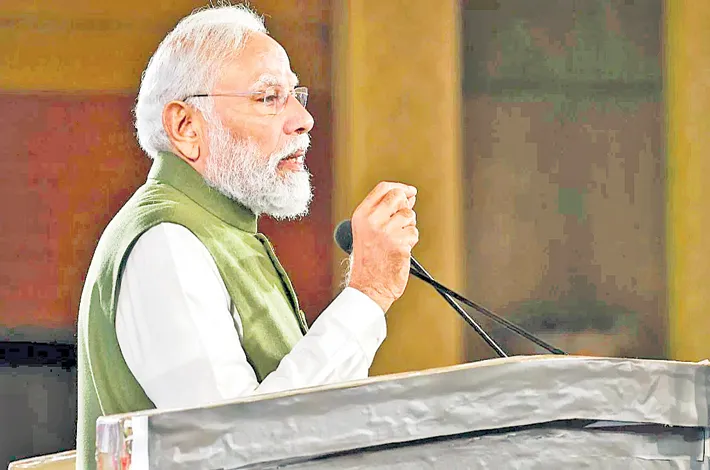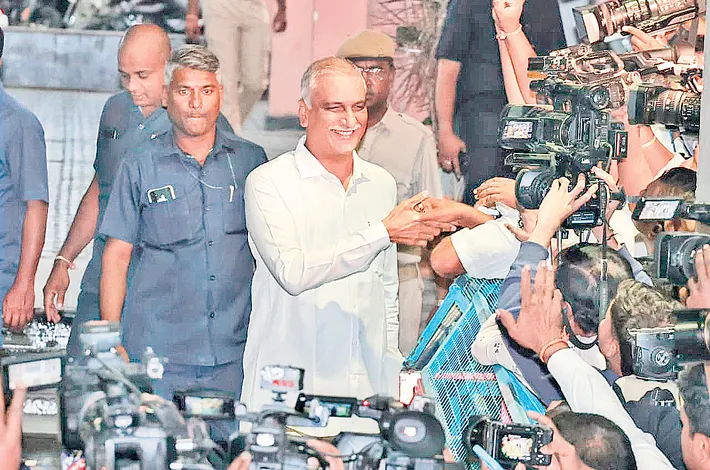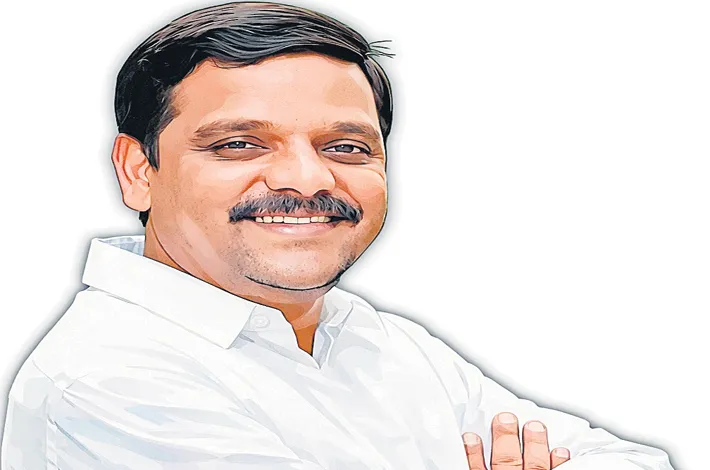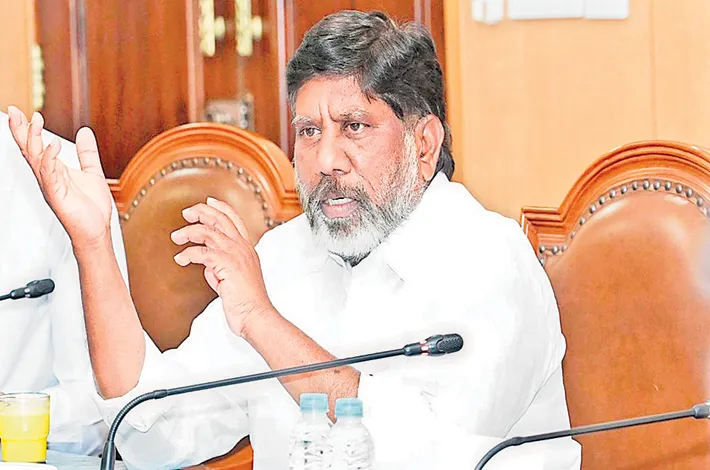Modi vs Macaulay: English education in India – boon, bane or both?
24-11-2025 12:00:00 AM

Prime Minister Narendra Modi has reignited one of India’s oldest and most polarising debates by sharply attacking Thomas Babington Macaulay, the 19th-century British administrator whose 1835 Minute on Education laid the foundation for English-medium instruction in colonial India. Mr Modi accused Macaulay of deliberately creating a “slave mentality” and breaking India’s self-confidence by producing a class “Indian in blood and colour, but English in taste, in opinions, in morals, and in intellect.”
Speaking at a public event earlier this week, the Prime Minister declared that it was time we free ourselves from, what he termed “mindset of slavery that Macaulay imposed on India” saying that Macaulay broke the backbone of our self-confidence and filled us with inferiority. The remarks have divided historians, authors, academics and the wider public, with opinions ranging from outright rejection of Macaulay’s legacy to the argument that English became one of independent India’s greatest global advantages.
Celebrated historian and self-described “Indophile” William Dalrymple, whose ancestors were among Macaulay’s fiercest critics (the Orientalist scholars James and Henry Prinsep), offered a pragmatic view. He recalled in a TV debate that when he first came to India forty years ago,he was amazed how little of Britain’s colonial shadow remained. “India shed everything useless and clung to what was useful.
English is useful.” He remarked. He also pointed out that multilingualism has always been an Indian strength. He argued that having the option of English was enormously helpful for business and prosperity, while at the same time stressing that pride in Indian languages and literature remains intact. He described the country as enjoying “the best of both worlds” .
Eminent authors and litterateurs agreed that English itself is not the enemy as it is the global language of modern science and technology but insisted that Macaulay’s system created an elite mentally detached from Indian realities. They gave striking examples: Indian cities still copy European four-season calendars despite the centrality of the monsoon; architects continue to build energy-guzzling glass towers suited to cold climates; and Ayurveda is under-researched in India while booming in the West.
They opined that we must decolonise practical aspects of life pointing out that “An educated Indian elite should realise we do not live in London.” They also criticised the lingering British framing of Indian history that turned “Indian vs foreigner” struggles into “Hindu vs Muslim” conflicts – a formulation, he noted, that survives in many textbooks and popular cinema.
An Indian origin professor teaching in a British University called the opposition a “false binary”, arguing that 19th-century British rule was the laboratory for modern governance, bureaucracy and liberalism worldwide. English, she said, became the irreversible language of power, mobility and aspiration – and Indians have made “Indian English” their own.
A BJP leaning academician however strongly backed the Prime Minister, accusing successive post-Independence governments of perpetuating a “colonised mind”. He argued that vernacular intellectuals were suppressed and that India made few original contributions to global knowledge because English turned Indians into imitators rather than innovators.
At the same time, a dalit activist warned against replacing one hegemony with another. “If we remove Macaulay, do we return to Manu?” he asked, pointing out that Dalit icons such as Jotirao Phule and Narayan Guru achieved social revolution without fluency in English. He also noted the irony of leaders opposing English while sending their own children to elite English-medium schools abroad.
Three points however were broadly agreed upon by&large- English is aspirational since across rural and urban India, parents overwhelmingly prefer English-medium schools for their children because it opens economic doors; Indigenous languages and knowledge systems must be revived and respected – from Ayurveda to ancient water-management techniques suited to the monsoon, The real target is not the language itself but a lingering sense of cultural inferiority and the habit of uncritically imitating the West in spheres where Indian solutions are superior








